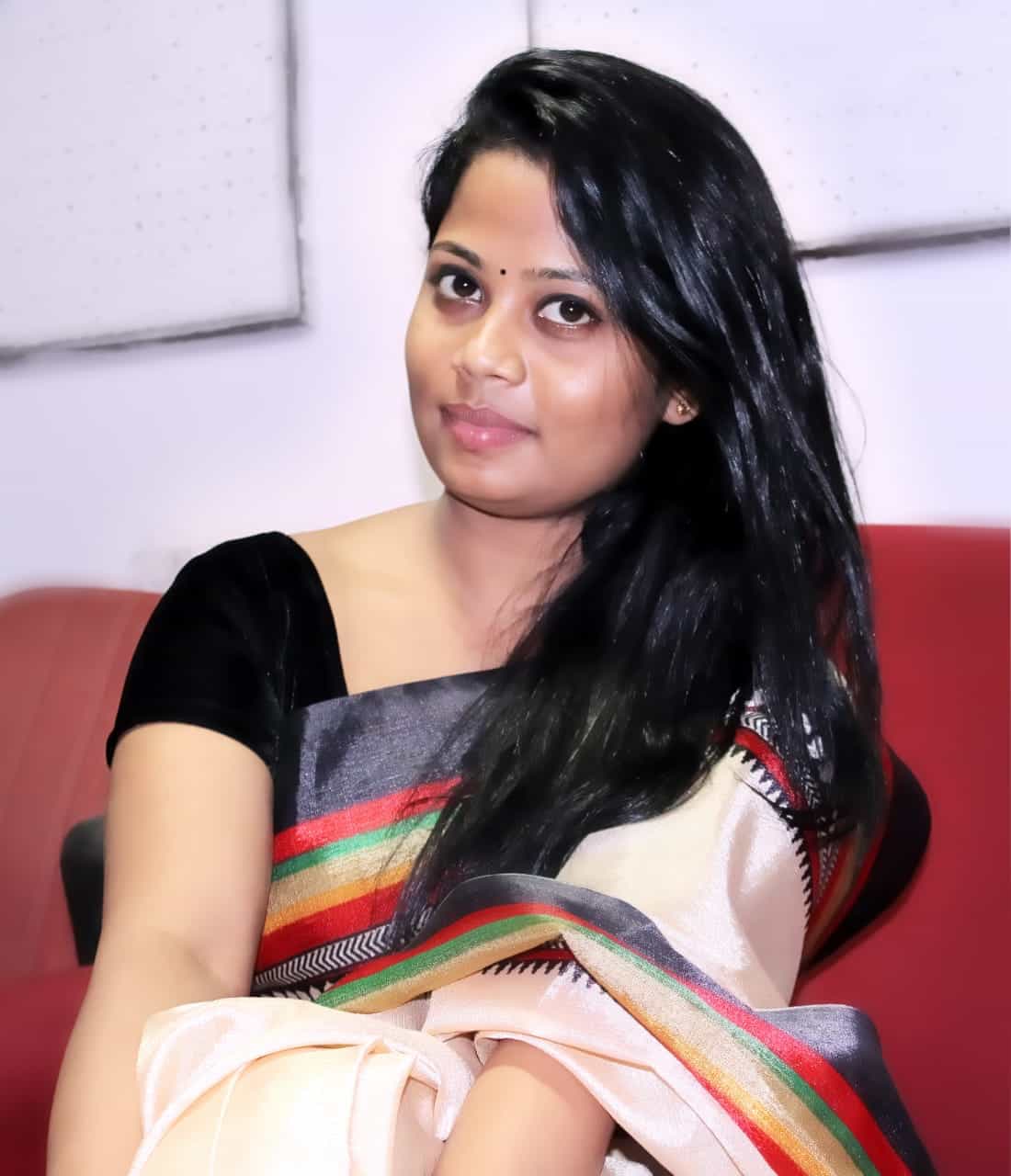11 नव॰ 2023
Monika Marandi is our fellow from Simdega, Jharkhand.
However her aspirations to bring about a Change in the existing social and political milieu began when she was just 15 years old. Her dream was to transform the existing conditions of the extremely vulnerable community of Adivasis (tribals), particularly the Santhal tribe, to which she belongs. She also wants to bring development to the historically oppressed community of Dalits.
She considers herself to be lucky and is grateful to her parents who encouraged her education and dreams. She earned a master's degree in Mass Comm from IIMC Delhi.
Now as a journalist and social worker she embarked on a journey to go back to her roots and reconnect with her tribal identity. Which she believed was diluted because of her
She has extensively traveled all over India and has engaged with women from various social and cultural groups. She conducted in depth and authentic research to identify the basic issues faced by tribal women namely no land rights, no access to basic amenities, no rights of education, healthcare and employment etc. Another glaring problem in the tribal belts is prevalence of superstitions like witch-hunting which majorly impacts women.
She launched an entrepreneurship program for women called “Chalat Musafir”. To encourage women to become entrepreneurs and own businesses to strengthen themselves mentally and economically.
She also founded "Sakhua," the first Adivasi news website, which is solely run by tribal women (including the editorial and technical staff). She works tirelessly to integrate the voice of the tribals into the mainstream and works towards highlighting their social, political and economic presence.
Sakhua brings forth the insurances of violence especially rape cases, trafficking police atrocities, rights of women as well as of the “MISSING WOMEN.”
However, it wasn't all hunky-dory and easy for her to achieve such success. Being educated especially from a city like Delhi brought many challenges.
She was verbally harassed, men raised questions on her modesty (especially when they couldn't challenge her logic) she was first viewed as an outsider.
She became an Indira Fellow to further her desires to reach masses and uplift millions of women. She believes that women should have decision making power from households to parliament. She wants women to be equal partners in all spheres, especially politics. She believes when power is divided equally there will be positive changes.
She believes as a Tribal woman who broke away from stereotypes and traditional disabilities imposed on women, she can be an instrument of change for many other women . She wants to take a bottoms up approach and provide a quality living standard to women as enjoyed by their male counterparts.
